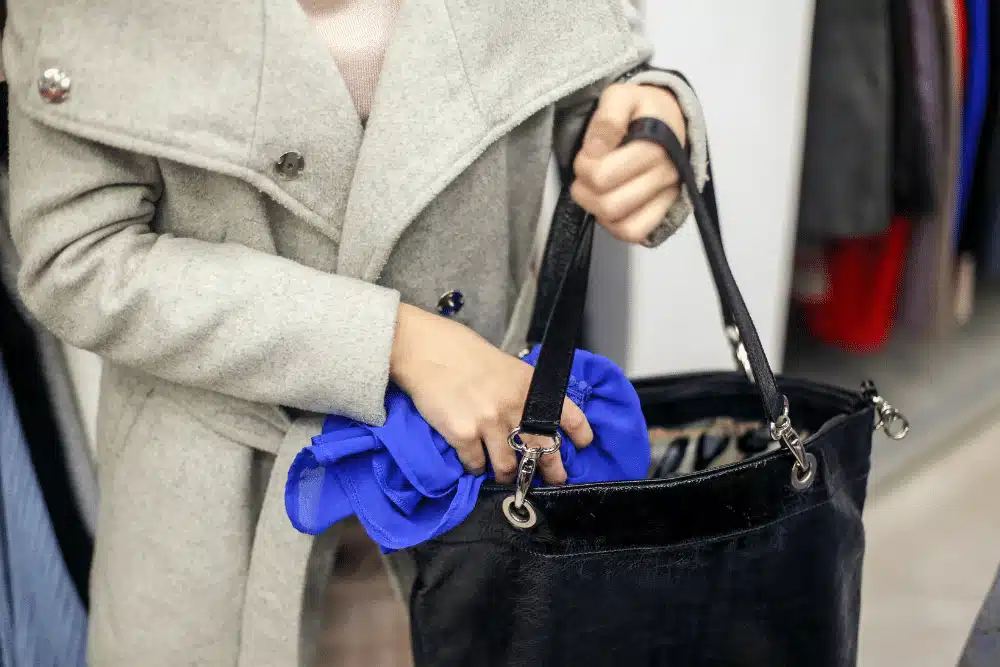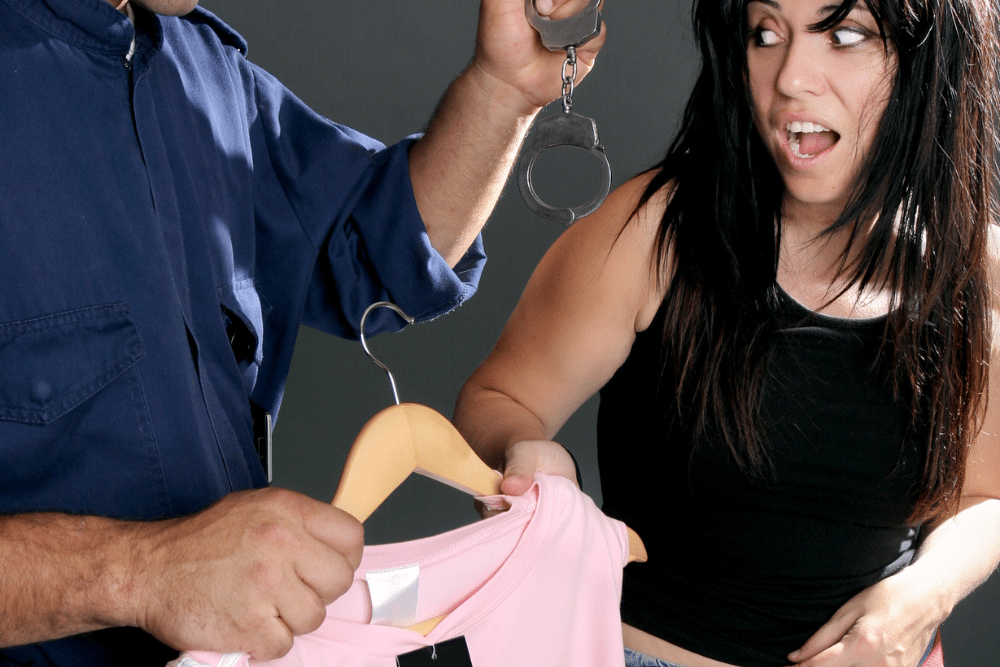How Well Do You Know the Retail Theft Laws in Minnesota?

Andrew & Poole, P.A.
You probably know that taking an item from a store without paying for is shoplifting – or retail theft. What if you put something into your purse, bag, or pocket, but haven’t left the store yet? Is that theft? Or how about switching prices – is that considered stealing?
Even though retail theft is a common problem in Minnesota, many people don’t really understand the laws related to it in depth. Because of this, it is possible to engage in behavior that could result in a criminal charge without really understanding why.
In this blog post, we will be discussing the laws related to retail theft in Minnesota, what constitutes retail theft, and the penalties associated with it.
What You Need to Understand about Minnesota Shoplifting Laws
In our state, retail theft is defined as the intentional and unauthorized taking of merchandise from a store. This can include theft of goods, shoplifting, and embezzlement. Retail theft is a serious crime and is punishable by both criminal and civil penalties.
Minnesota Theft Statute
The first law we’re going to cover related to retail theft in our state is the Minnesota Theft Statute. This statute defines theft as the intentional taking of property without consent, and with the intention of permanently depriving the owner of the property. In the case of retail theft, this means taking merchandise from a store without paying for it.
As with other forms of theft, the severity of the punishment for shoplifting is based on the value of the goods that were taken. If the value is $500 or less, the crime is considered a misdemeanor. This means it is punishable by up to 90 days in jail and a fine of up to $1,000. If the stolen goods are worth more than $500, the act is considered a felony. This means it is punishable by up to five years in prison and a fine of up to $10,000.
Minnesota Retail Theft Act

The Minnesota Retail Theft Act is the second law we’re going to go over. This act is designed to make it easier for retailers to prosecute people who steal from their stores. The idea is that people will be deterred from committing retail theft because they know that the law is not in their favor. Specifically, the act gives retailers a civil cause of action against shoplifters and gives them the right to sue thieves for damages.
That’s right. In addition to any criminal penalties they might face, individuals found guilty of retail theft in Minnesota may also have to pay damages to the retailer.
In order to prosecute someone for retail theft in Minnesota, the retailer has to be able to provide clear and convincing evidence the individual took the merchandise without paying. This evidence can include witness testimony, video footage, and more.
The Minnesota Retail Theft Act also enables retailers to detain individuals who are suspected of committing retail theft. However, this right is limited and must be exercised within certain guidelines.
First off, retailers can only detain individuals for a reasonable amount of time. Secondly, they must release suspects if they are unable to establish probable cause of theft. Finally, retailers have to inform the individual of their rights, and must not use excessive force in the detention process.
Other Consequences Associated with Minnesota Retail Theft
In addition to the criminal and civil penalties associated with retail theft in Minnesota, individuals who are convicted of this crime may also face other consequences.
For example, they may have difficulty finding employment, as most employers conduct background checks. A criminal record can also affect an individual’s ability to secure housing and can impact their reputation and standing in the community.
Bottom line? Retail theft is a serious crime that can carry both criminal and civil penalties. Understanding the laws related to retail theft can help individuals avoid getting caught up in the criminal justice system – and protect their rights if they are.

If you or someone you know has been charged with retail theft in Minnesota, it is important to seek the advice of an experienced criminal defense attorney who can help you navigate the legal system and defend your rights.
About the Author:
Andrew T. Poole is a Minnesota native who has served in the Army for more than 18 years and is currently a JAG lawyer in the Army Reserves in addition to serving as a partner at LaCourse, Poole & Envall. He has handled thousands of criminal and family law cases over the course of his career and has a firm belief that all hardworking Minnesotans should be entitled to the best possible legal counsel. Mr. Poole boasts a 10/10 Superb rating on Avvo, is Lead Counsel rated, and has been recognized multiple times by SuperLawyers, National Trial Lawyers, and others for his work.
















